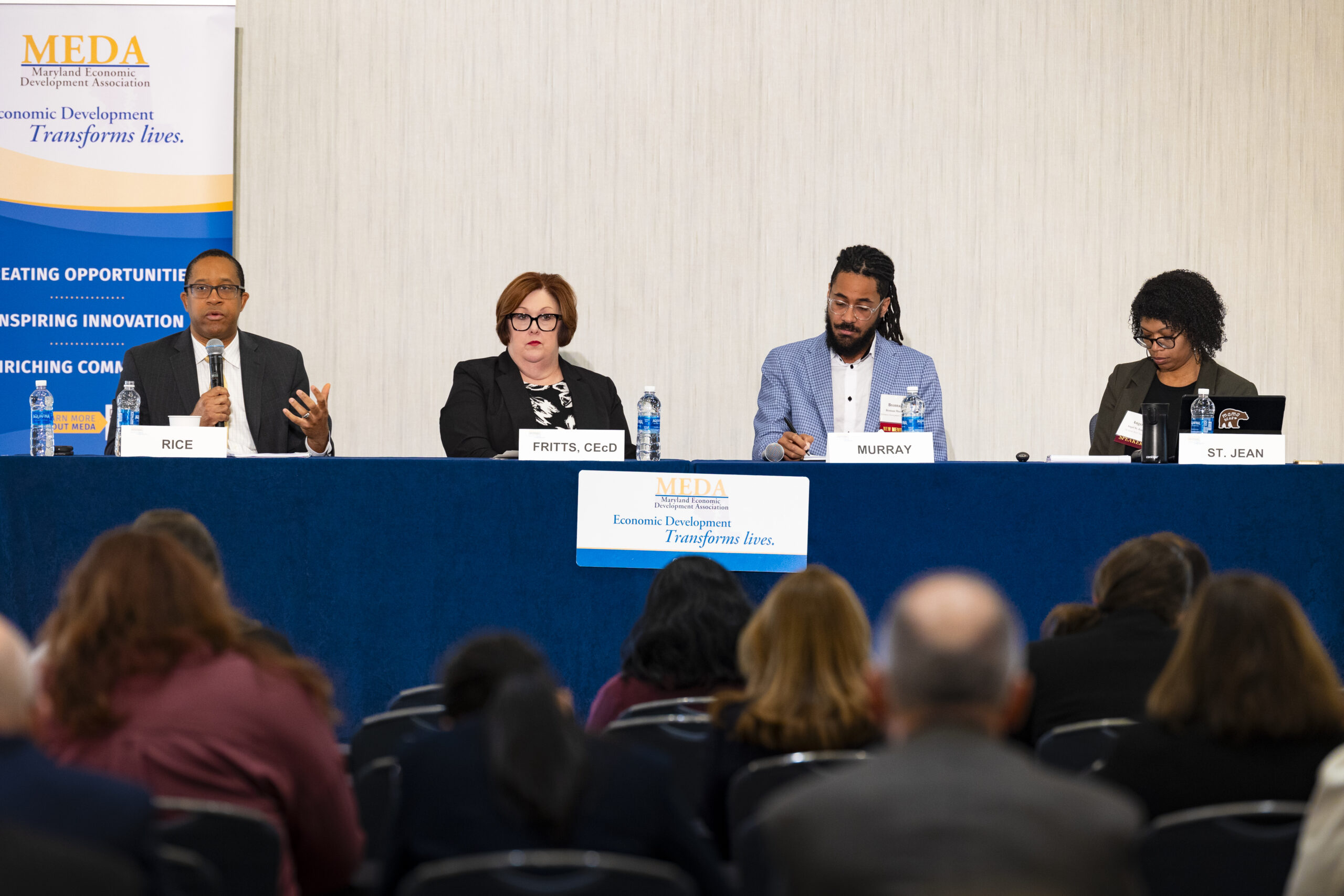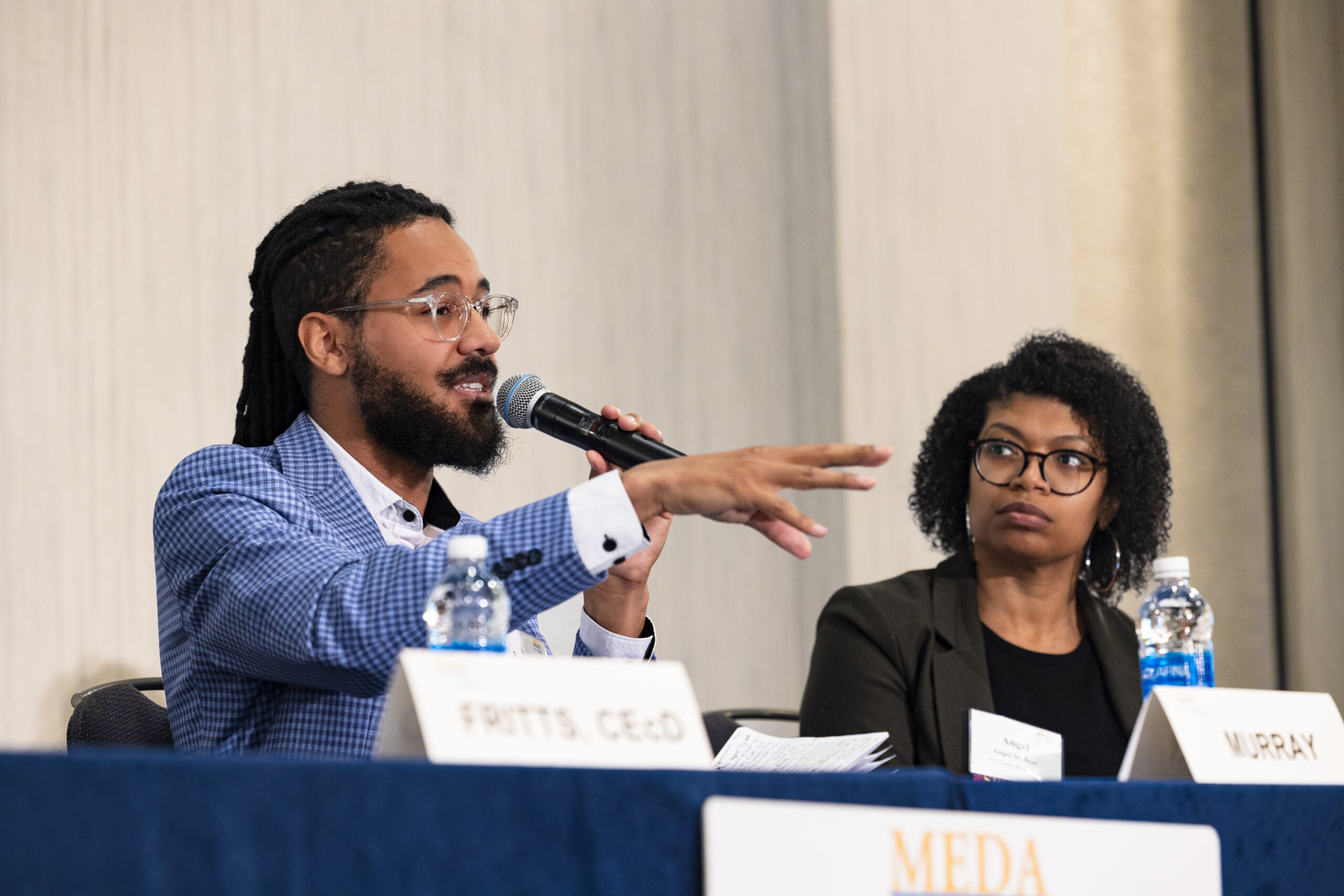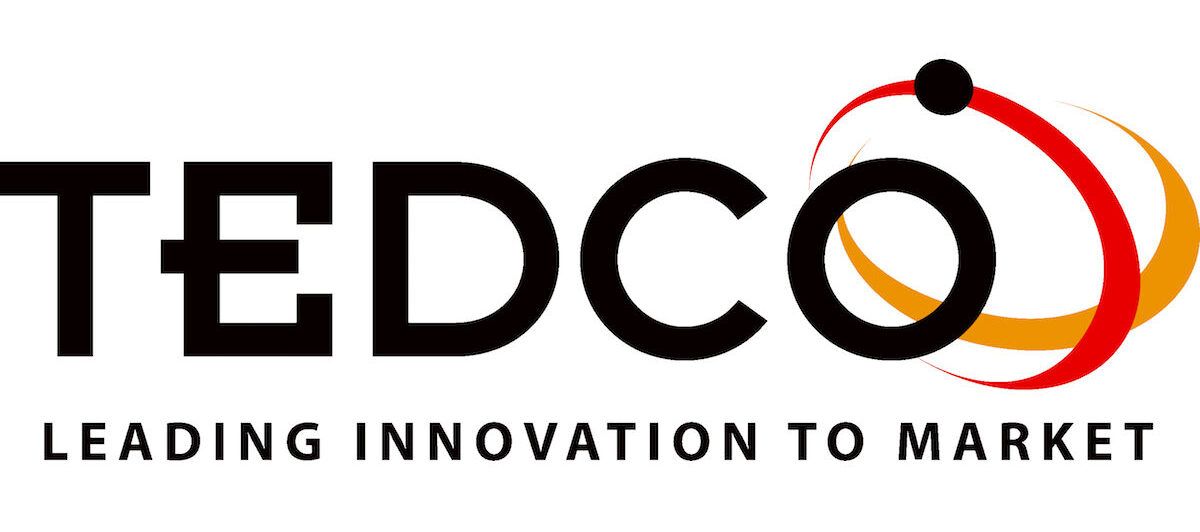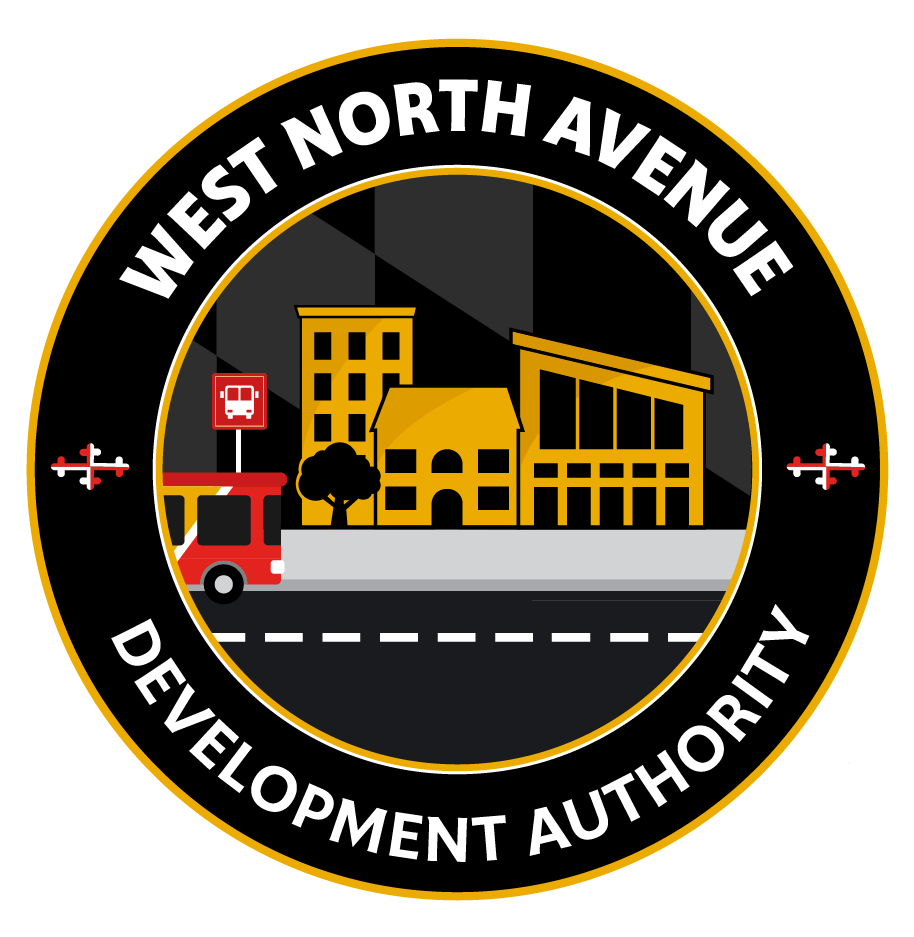Guest Blog: Driving Economic Equity – Insights from the MEDA 2024 Annual Conference

The 2024 Annual Conference of the Maryland Economic Development Association (MEDA) took place at the scenic Hyatt Regency Chesapeake Bay Golf Resort, Spa and Marina in Cambridge, Maryland. The event convened industry leaders and experts from across the state to explore crucial strategies for economic development. Among the compelling discussions, one panel felt particularly significant: “Retain and Grow: How DEI Can Help Economic Developers Improve Business Outcomes,” moderated by Angel St. Jean, CEO of The Equity Brain Trust.
To begin the conversation, Angel emphasized the critical importance of Diversity, Equity, and Inclusion (DEI) in economic development. While acknowledging the polarized discourse surrounding the topic, she emphasized the importance of understanding its significance for Maryland’s economic landscape. Pointing to data that revealed stark racial and gender disparities in business ownership and employment, Angel underscored the urgent need for equitable growth initiatives.
The panelists provided valuable insights into addressing these disparities within their respective communities. Brennan A. Murray, Assistant Managing Director, Business & Neighborhood Development from the Baltimore Development Corporation highlighted specific initiatives targeting Baltimore Cities large BIPOC population. These initiatives include small business growth programs and accelerators such as Made in Baltimore’s Home-Run Accelerator, which is tailored to meet the unique needs of home-based entrepreneurs wishing to scale and expand into commercial space.
Lara Fritts, CEcD, Division Director of the Frederick County Division of Economic Opportunity, discussed the county’s rapid growth and increasing diversity. She emphasized the importance of providing support services like translation assistance and entrepreneurial training to meet the evolving needs of their community. Lara also discussed how utilizing data from United Way of Frederick County’s ALICE (Asset Limited, Income Constrained, Employed) Report and other sources is helping them to develop their economic mobility strategies.

Stephen Rice, Economic Development Manager for the City of Annapolis, echoed similar sentiments, acknowledging disparities within his jurisdiction, and emphasizing the city’s proactive approach to support small, women, minority, and veteran-owned businesses. He highlighted the City’s commitment of having a dedicated Small Business Development Liaison, and programs like Anne Arundel Economic Development Corporation’s Inclusive Ventures Program, designed to provide education, mentorship, and access to capital for underrepresented entrepreneurs.
A recurring theme that emerged during the discussion was the critical role of data in driving equitable economic development. The panelists emphasized the importance of leveraging both quantitative and qualitative data to understand community needs, track progress, and refine strategies over time. Whether through conducting disparity studies or implementing scorecard reporting systems, data-driven decision-making emerged as a cornerstone of effective economic inclusion initiatives. Angel noted that the conversations further proved the need to advocate for policy changes that facilitate improved data collection and utilization.
As the conversation progressed, the panelists also emphasized the need for collaboration and partnership across sectors, including engagement with nonprofit organizations to maximize impact. They highlighted organizations like EcoMap Technologies, discussed earlier in the day on an AI panel, as well as Baltimore Together, a collaborative effort involving diverse stakeholders to address systemic economic challenges comprehensively.
In conclusion, the MEDA 2024 Annual Conference DEI panel shed light on the complexities of driving economic equity and the importance of intentional, data-driven strategies. By fostering collaboration, leveraging data effectively, and prioritizing outcomes over outputs, economic developers can significantly contribute to shaping a more inclusive and prosperous future for all residents of Maryland.
Written by Jill M. Porter
Business Development Director, Anne Arundel Economic Development Corporation



